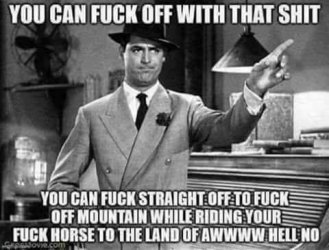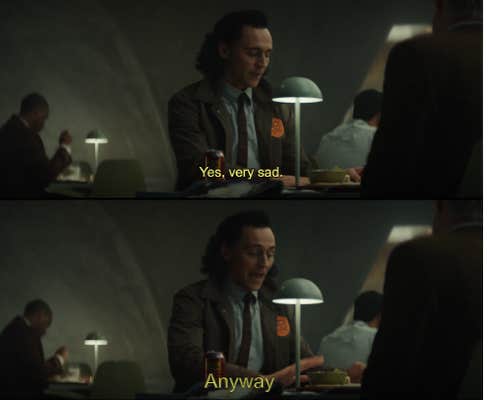livingston
20×102mm Vulcan
The Second Amendment Has Become a Threat to the First
Firearms are having a documented chilling effect on free speech.
By Diana Palmer and Timothy Zick
About the authors: Diana Palmer is a councilmember in Glens Falls, New York. Timothy Zick is a professor of law at William & Mary Law School and author of the forthcoming book Managed Dissent: The Law of Public Protest.
Many Americans fervently believe that the Second Amendment protects their right to bear arms everywhere, including at public protests. Many Americans also believe that the First Amendment protects their right to speak freely and participate in political protest. What most people do not realize is that the Second Amendment has become, in recent years, a threat to the First Amendment. People cannot freely exercise their speech rights when they fear for their lives.
The Supreme Court will soon decide whether there is a Second Amendment right to carry firearms and other weapons in public places, a question it has yet to weigh in on. A pending case, New York State Rifle & Pistol Association v. Bruen, involves restrictions on concealed-carry permits. To decide it, the Court will need to determine whether the Second Amendment applies outside the home. As the studies show, the answer has profound implications not just for public safety but also for constitutional democracy. As courts and legislatures consider gun regulations, they ought to bear in mind not just the physical dangers of armed protests but also the social harms associated with them. For many—perhaps an increasing number of—Americans, participation in armed public protests may simply not be worth the risk. Even if public protest survives, only those willing to risk their life, or who are inclined and able to carry weapons in defense of their own right to protest, may want to participate. Rather than serving as a democratizing means of expression, protest may become an armed contest and the exclusive preserve of the non-peaceable. Most concerning is that public protest as we know it may cease to exist at all. That would deprive Americans of participating in one of the greatest traditions of this country: expressing their views, engaging in public life, and advocating for democratic change.
The Supreme Court will soon decide whether there is a Second Amendment right to carry firearms and other weapons in public places, a question it has yet to weigh in on. A pending case, New York State Rifle & Pistol Association v. Bruen, involves restrictions on concealed-carry permits. To decide it, the Court will need to determine whether the Second Amendment applies outside the home. As the studies show, the answer has profound implications not just for public safety but also for constitutional democracy. As courts and legislatures consider gun regulations, they ought to bear in mind not just the physical dangers of armed protests but also the social harms associated with them. For many—perhaps an increasing number of—Americans, participation in armed public protests may simply not be worth the risk. Even if public protest survives, only those willing to risk their life, or who are inclined and able to carry weapons in defense of their own right to protest, may want to participate. Rather than serving as a democratizing means of expression, protest may become an armed contest and the exclusive preserve of the non-peaceable. Most concerning is that public protest as we know it may cease to exist at all. That would deprive Americans of participating in one of the greatest traditions of this country: expressing their views, engaging in public life, and advocating for democratic change.

The Second Amendment Has Become a Threat to the First
Firearms are having a documented chilling effect on free speech.



